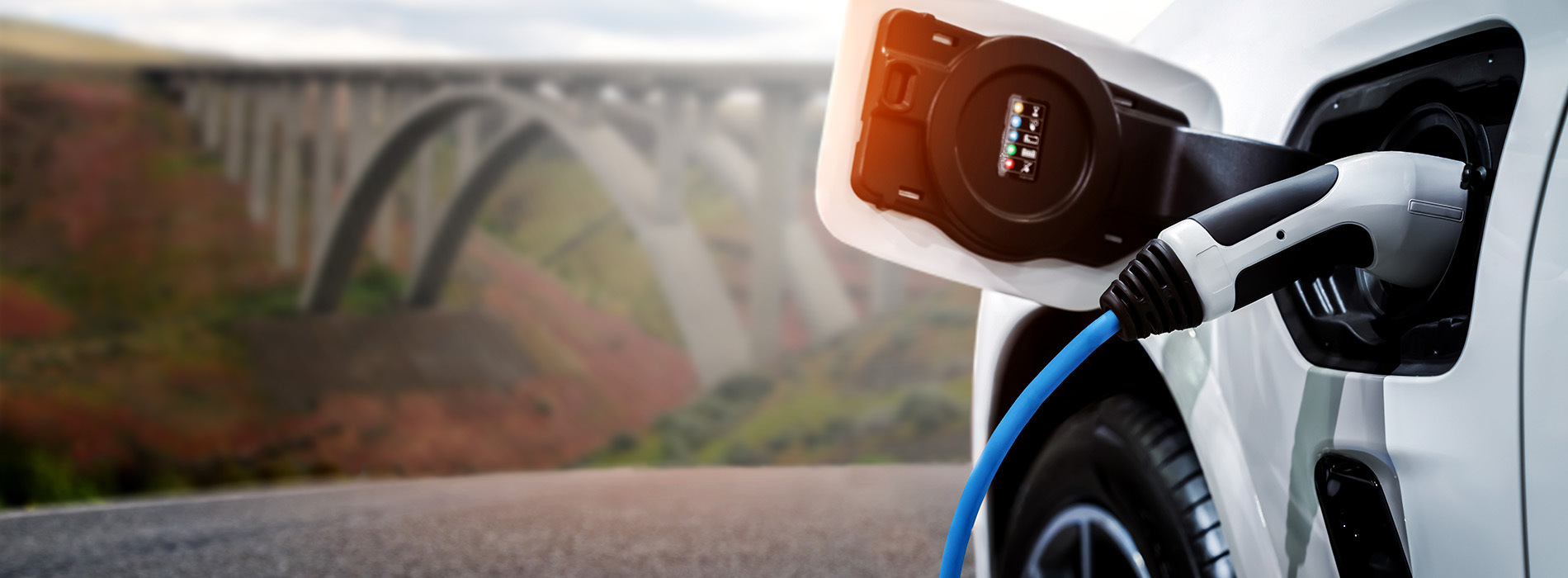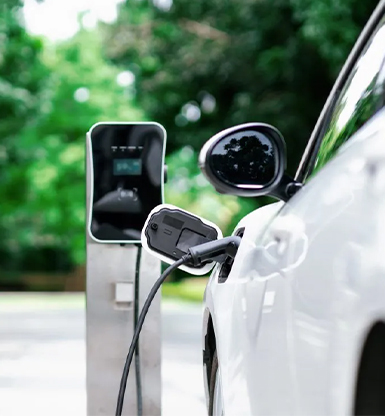Expert Opinions and Market Insights When You Buy EV Charging news
Expert Opinions and Market Insights When You Buy EV Charging news
Blog Article
Top EV Charging News: Key Updates on Infrastructure and Technology

Current Improvements in Fast-Charging Modern Technology

Additionally, developments in battery modern technology, including improved thermal monitoring systems and greater power thickness batteries, complement fast-charging capacities. These growths reduce the danger of battery destruction throughout fast charging, ensuring durability and performance for EV proprietors.
Additionally, the combination of wise billing solutions is enhancing individual experience, enabling real-time monitoring and dynamic rates designs. EV Charging news. This flexibility permits chauffeurs to optimize billing costs and times based upon grid demand
As car manufacturers continue to spend in fast-charging networks, the collaboration between industry stakeholders is vital. Partnerships in between charging terminal service providers and automotive producers are leading the way for considerable insurance coverage, eventually promoting an extra durable EV community. These improvements are essential in sustaining the change to sustainable transportation.
Government Campaigns for Billing Development
Government efforts play a vital role in the growth of electrical vehicle (EV) billing framework, facilitating the shift to sustainable transport. Numerous government and state programs are being carried out to enhance charging accessibility, lower the financial worry on consumers, and advertise the fostering of electric automobiles.
Especially, the united state government has actually designated significant financing through the Infrastructure Investment and Jobs Act, which sets aside $7.5 billion for EV charging network development across the nation. This funding is targeted at releasing hundreds of new charging terminals, specifically in underserved areas, consequently attending to variety stress and anxiety among possible EV customers.
Furthermore, various states are passing regulations to improve the permitting procedure for billing terminal setups, which is critical for increasing deployment. Motivations such as tax credit reports and refunds for both consumers and businesses are also being introduced to urge the installment of charging framework.
Moreover, public-private partnerships are increasingly ending up being an emphasis, leveraging private financial investment to complement government financing. These initiatives underscore a joint technique essential for developing a extensive and effective EV billing network, eventually adding to a greener and even more lasting future.
Cutting-edge Battery Solutions Enhancing Efficiency
Reinventing the landscape of electrical vehicle (EV) technology, ingenious battery options are considerably improving effectiveness and efficiency. Advances in battery chemistry, specifically with lithium-sulfur and solid-state batteries, are leading to increased power thickness, which enables longer arrays and faster billing times. These new battery kinds have the possible to exceed conventional lithium-ion batteries by offering higher abilities while decreasing weight, therefore boosting overall car efficiency.
Furthermore, growths in battery monitoring systems (BMS) are enhancing energy usage and extending battery life expectancy. Smart formulas check battery health and performance, enabling real-time adjustments to billing and discharging processes. This not just improves the efficiency of the battery yet additionally ensures a more sustainable and trustworthy energy source for EVs.
In addition, the combination of reusing innovations is resolving the ecological influence of battery production and disposal. Advancements in second-life applications for EV batteries are promoting their use in energy storage space systems, adding to a round economic climate.
As these innovative battery remedies remain to develop, they assure to transform the EV market, making electric lorries more obtainable and enticing to a broader click to investigate audience while supporting global sustainability goals.

Cooperation Between Automakers and Charging Networks
Recognizing the critical requirement for a durable billing facilities, automakers are progressively collaborating with charging network carriers to boost the EV ownership experience (EV Charging news). These partnerships intend to develop a smooth charging ecological community that benefits consumers and supports the shift to electrical cars
Significant automobile brand names are joining pressures with well-known charging networks to expand their charging terminal insurance coverage, making sure drivers have accessibility to reputable and practical charging alternatives. For example, collaborations with networks like ChargePoint and Electrify America permit car manufacturers to incorporate billing services straight into their vehicles' navigation systems, guiding individuals to the closest stations and providing real-time schedule updates.
Moreover, these cooperations usually result in the advancement of fast-charging modern technologies that significantly reduce the time needed to charge an EV. By pooling resources and knowledge, automakers and billing networks can innovate quicker, creating remedies that meet the expanding need for electric mobility.
On top of that, joint initiatives might also bring about more standard charging protocols, which can relieve consumer complication and advertise more comprehensive EV adoption. On the whole, these tactical partnerships are essential in developing a efficient and easy to use charging infrastructure that fulfills the demands of a broadening electric automobile market.
Challenges Dealing With EV Billing Framework
As the electrical vehicle Discover More market remains to expand, numerous difficulties are appearing that impede the advancement of a detailed billing facilities. One of the primary barriers is the inadequate variety of charging stations, especially in underserved and rural metropolitan areas. This void produces range anxiousness amongst potential EV customers, discouraging them from making the switch.
In addition, the absence of standardization in charging technology makes complex the framework landscape. Variants in plug kinds and charging speeds can create complication for users and raise operational intricacies for charging network drivers. The assimilation of billing terminals into existing electrical grids poses significant obstacles. Numerous areas deal with capability limitations, requiring substantial investments in grid upgrades to suit increased demand.
An additional pushing issue is the high cost linked with the setup and maintenance of charging stations, which can be an obstacle for both private companies and public entities. Regulatory hurdles and zoning restrictions can postpone the release of billing framework, hampering progress in broadening important solutions. Resolving these Resources obstacles will be crucial for fostering a durable EV environment that supports the shift to lasting transport.
Verdict
In conclusion, the recurring developments in EV charging technology, supported by substantial federal government campaigns and cutting-edge battery options, are important for the expansion and effectiveness of electrical vehicle facilities. Collaborations between automakers and billing companies additionally improve terminal coverage, dealing with the expanding need for easily accessible billing choices. Despite difficulties that continue within the EV charging landscape, these growths symbolize a positive trajectory in the direction of a more lasting and efficient electrical vehicle environment.
Advancements in charging facilities have actually led to the development of ultra-fast chargers qualified of delivering up to 350 kW of power, considerably reducing billing times. Variants in plug kinds and billing rates can create complication for customers and enhance functional complexities for charging network operators.In verdict, the recurring advancements in EV charging technology, supported by significant government campaigns and innovative battery options, are important for the growth and effectiveness of electric lorry facilities. Cooperations between automakers and charging providers better improve terminal protection, dealing with the growing demand for obtainable charging alternatives. In spite of difficulties that linger within the EV charging landscape, these developments symbolize a positive trajectory in the direction of an extra sustainable and effective electrical lorry community.
Report this page